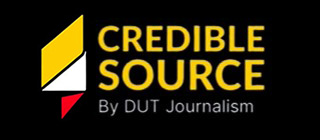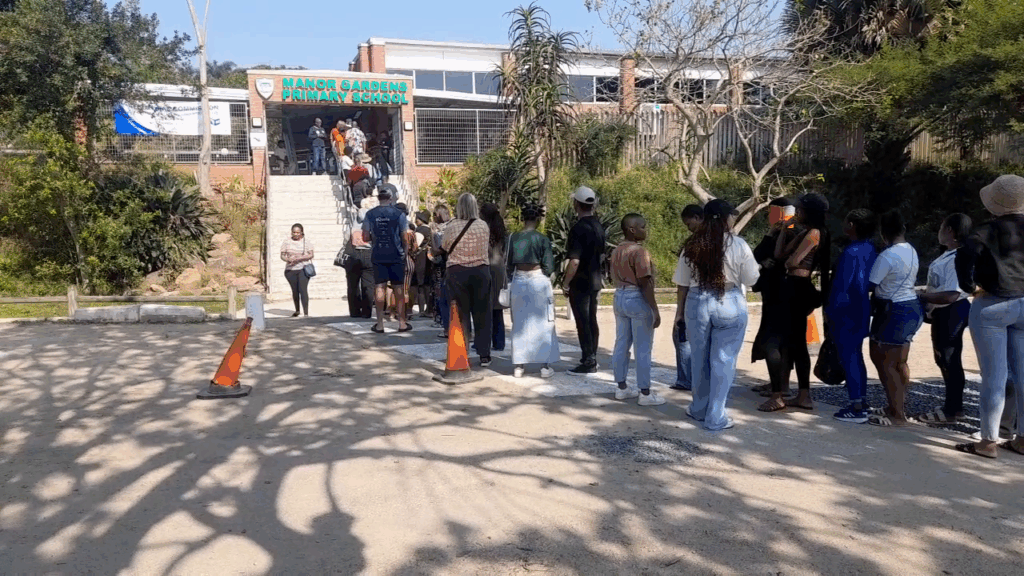By Minenhle Zikhali
A new political party, comprising Build One South Africa (BOSA), the GOOD Party, and RISE Mzansi was announced on Sunday. Its name is Unite For Change. The party has been described as “not a coalition of convenience but a coming together of equals.”
This announcement comes exactly a month after Floyd Shivambu revealed the formation of his own political party – Afrika Mayibuye. When one looks at the ballot sheet in the next elections, it will be like they are staring at a motley crew.
With over 400 parties already registered with the Independent Electoral Commission, one wonders whether people are apathetic or whether they have choice fatigue from the increasing number of political parties being introduced each year.
The political landscape in South Africa is becoming overly crowded. In September, the IEC stated that more than 40 new parties were registered since the 2024 general elections.
“Of the 480 parties that are currently registered, just under 300 are registered at a national level, in other words, they can contest elections for all municipal councils, they can contest all provinces and regions, they could also contest for seats in the national assembly,” reported the IEC.
At this rate, the number of parties is growing. It seems that in the next elections, the ballot paper will be longer than Mkhwanazi’s testimony.
Sheena Iyengar, a renowned expert on choice, wrote on her LinkedIn account that too many options are not helping us make better decisions.
“They may be leading to less thoughtful ones. As we head into future elections, it raises a critical question: How can we design our voting systems to empower citizens rather than overwhelm them?” Iyengar remarks and further asks.
We seem to have an increasing number of parties competing with the increasing unemployment rate in the country, yet no one has come up with a way to resolve the matter. The number of political parties may reflect ‘a strong democratic spirit,’ but what profits South Africans if it gains more parties with none of their issues being resolved? Psychology says that if we’re offered too many options, we can experience the paradox of choice, and we are paralysed by too many options, resulting in decision fatigue.
This was further witnessed in the 2024 national and provincial elections, the turnout was around 58.64%, marking the lowest participation rate since the end of Apartheid. This was a drop of 7.41% from the last general elections, in which the turnout was 66.05%. It leaves us all asking whether the promise of choice has led to a burden of confusion and apathy?
Voter turnout will continue to decline, not because people are no longer interested in politics, but because with each new party that is introduced, the same remixed tune is played without any changes.


